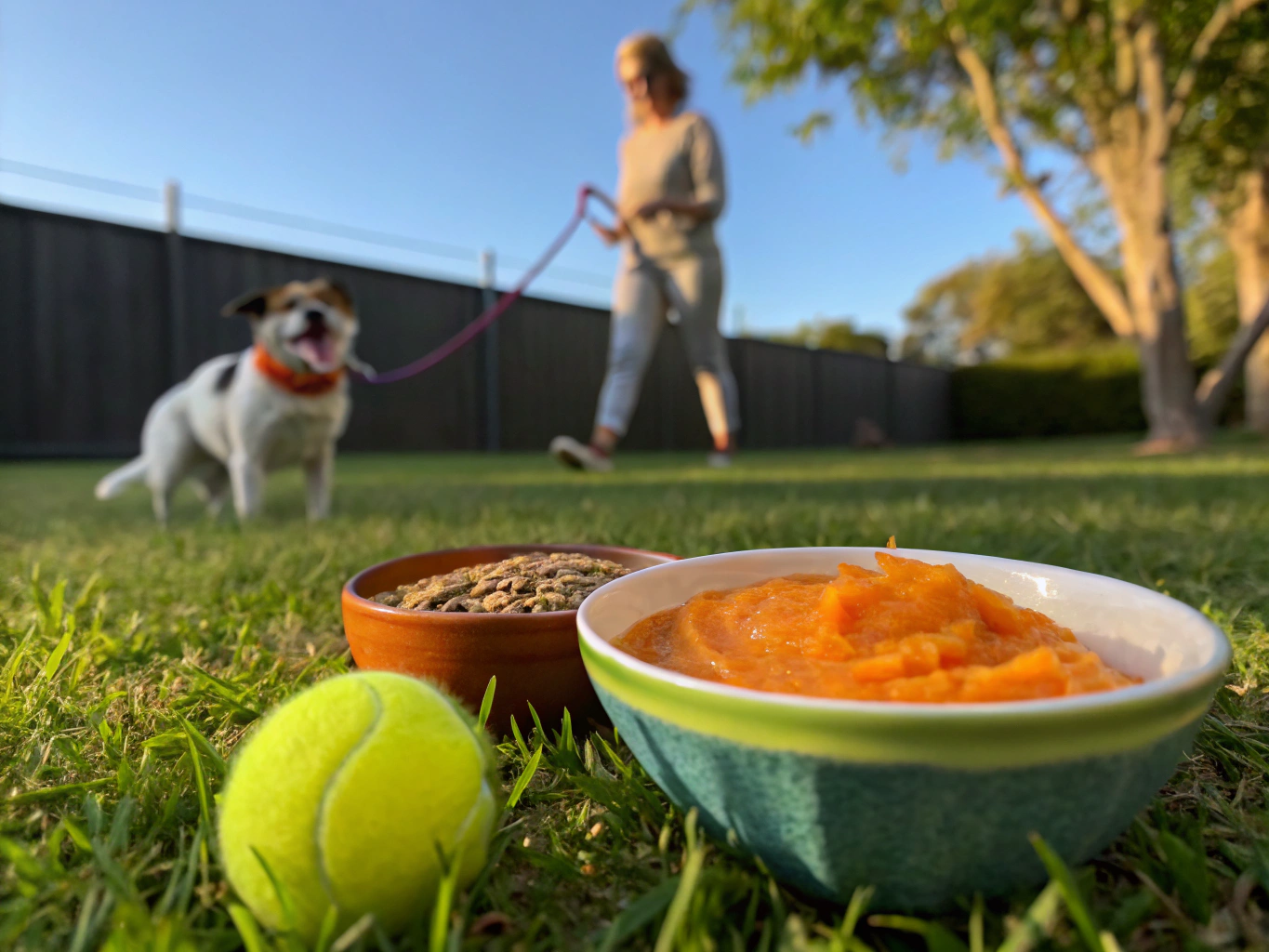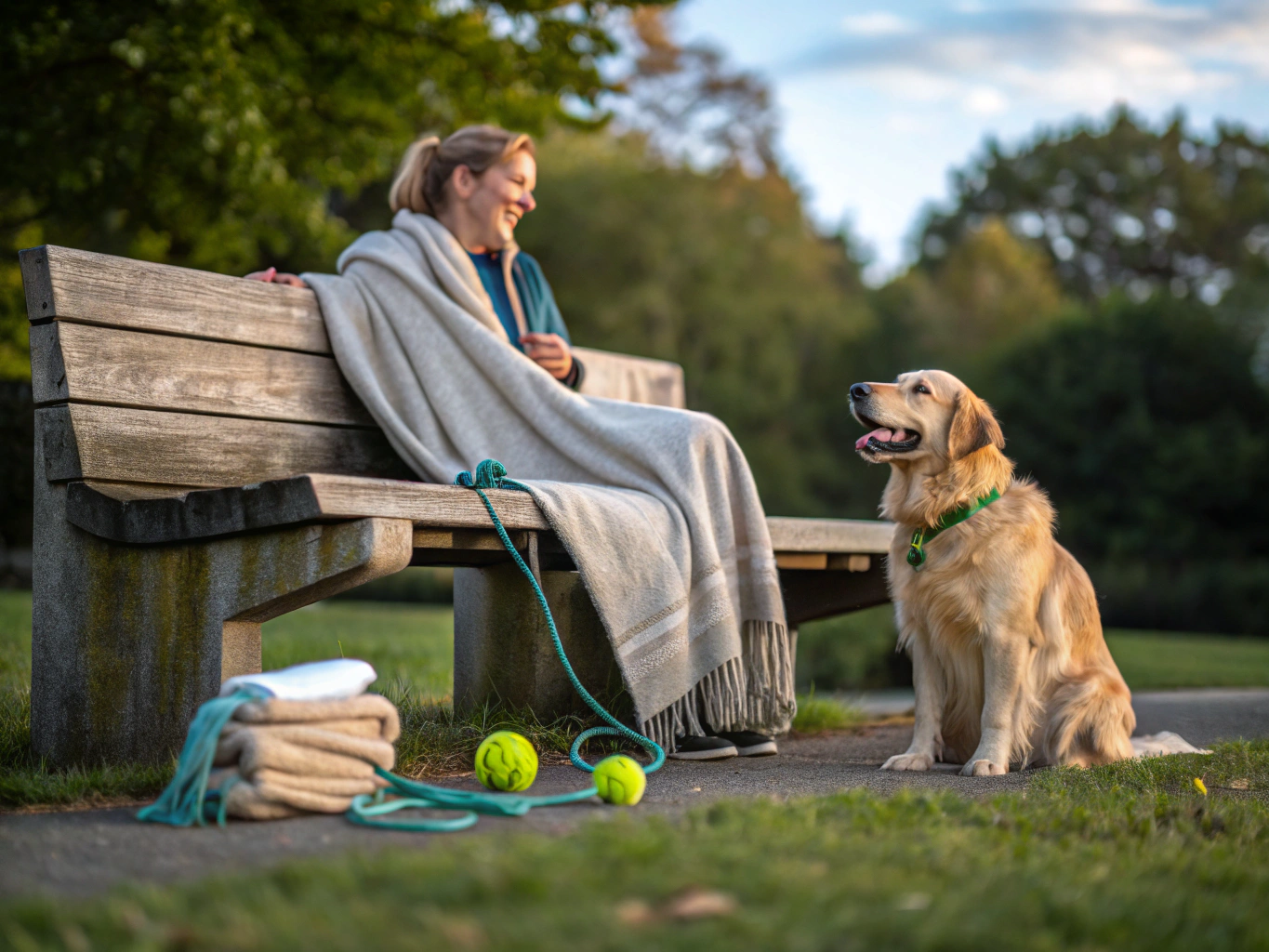How to Prevent Constipation in Dogs Through Diet and Exercise
Constipation in dogs can be a distressing experience for both pets and their owners. It’s important to recognize the signs early and take proactive measures to keep your furry friend’s digestive system running smoothly. Diet and exercise play crucial roles in preventing constipation, and when necessary, a dog laxative can provide safe relief.
Understanding Constipation in Dogs
Constipation occurs when your dog has difficulty passing stools or if the stools are too hard and dry. This condition often results from dehydration, lack of fiber, insufficient exercise, or underlying medical issues. If left untreated, constipation can lead to discomfort, loss of appetite, and more serious complications.
Dietary Strategies to Prevent Constipation
1. Increase Fiber Intake
Fiber is essential for healthy digestion. It adds bulk to the stool and helps it move smoothly through the intestines. Incorporate fiber-rich foods such as pumpkin puree, sweet potatoes, or green beans into your dog’s meals. Commercial dog foods often have adequate fiber, but supplements can be considered if recommended by your vet.
2. Ensure Proper Hydration
Water is vital for softening stool and aiding its passage. Always provide fresh, clean water and encourage your dog to drink regularly. For picky drinkers, adding water or low-sodium broth to their food can increase fluid intake.
3. Balanced Diet
A well-balanced diet with appropriate protein, fat, and carbohydrate levels supports overall gut health. Avoid feeding excessive bones or high-fat treats, which can contribute to digestive issues.
Exercise: A Key to Healthy Digestion
Regular physical activity stimulates intestinal motility, helping food and waste move efficiently through your dog’s digestive tract. Daily walks, playtime, or agility exercises are excellent ways to keep your dog active. Exercise not only promotes bowel movements but also supports weight management and overall well-being.
When to Use a Dog Laxative
If dietary and exercise adjustments don’t resolve constipation, a dog laxative can be a helpful aid. It’s crucial to consult your veterinarian before administering any laxatives to ensure safety and appropriate dosing. Some dog laxatives are formulated specifically to gently relieve constipation without causing harsh side effects.
Additional Tips for Preventing Constipation
- Monitor Your Dog’s Bathroom Habits: Early detection of changes in stool consistency or frequency can prevent severe constipation.
- Avoid Table Scraps: Human foods often lack fiber and can disrupt your dog’s digestion.
- Regular Vet Checkups: Some health conditions like hypothyroidism or spinal problems can cause constipation. Regular exams can identify underlying causes.
Conclusion
Preventing constipation in dogs involves a combination of a fiber-rich diet, proper hydration, regular exercise, and, if needed, the use of a safe dog laxative. By adopting these practices, you can help keep your dog’s digestive system healthy, ensuring they remain happy and comfortable. Always consult your veterinarian if you notice persistent constipation or any signs of distress in your pet.









